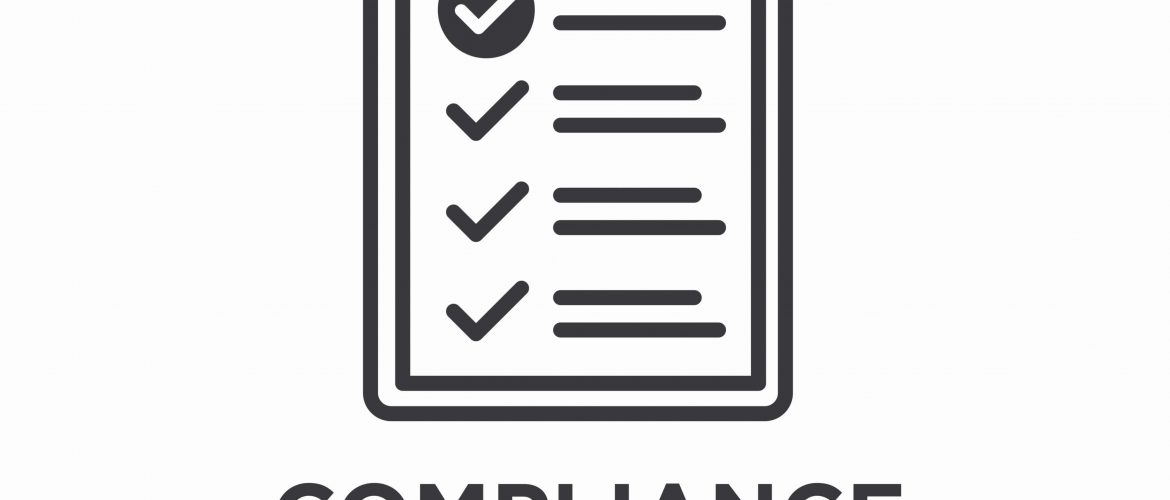Jeannine LeCompte, Publishing and Research Coordinator
A Compliance and Ethics program is designed to help long-term care facilities (LTCs) prevent and detect criminal, civil, and administrative violations which fall under the legal definitions of fraud, waste, and abuse. The legal requirement for the program has been in place since the signing of the Affordable Care Act in 2010.
The need for such a program becomes clear when one considers that the Centers for Medicare & Medicaid Services (CMS) reported that “improper payments” under Medicare Parts A and B amounted to $28.91 billion in 2019.*
The Office of Inspector General (OIG) has listed seven essential requirements for such a program:
- Standards, Policies, and Procedures
- Compliance Program Administration
- Screening and Evaluation of Employees, Physicians, Vendors, and Other Agents
- Communication, Education, and Training on Compliance Issues
- Monitoring, Auditing, and Internal Reporting Systems
- Discipline for Non-Compliance
- Investigations and Remedial Measures
According to the CMS State Operations Manual, F895, a Compliance and Ethics program must have written compliance and ethics standards, policies, and procedures capable of reducing the prospect of criminal, civil, and administrative violations.
In practice, this means that the LTC must:
- Designate an appropriate Compliance and Ethics program contact (Compliance Officer) to which individuals may report suspected violations
- Create an alternate method of reporting suspected violations anonymously without fear of retribution
- Develop disciplinary standards that define the consequences for committing violations for the organization’s entire staff, contractors, and volunteers
Furthermore, there must be specific high-level individuals with overall responsibility to oversee the implementation of the program. Their tasks must include the development of a training or information process through which the program’s details are effectively transmitted to the facility’s staff.
After a violation has been detected, the Compliance and Ethics program must ensure that all reasonable steps are taken to respond appropriately to the violation and to prevent further similar incidents.
Finally, the Compliance and Ethics program must demonstrate an annual review process which highlights any failings and provide details of any changes to the program.
* “Estimated Improper Payment Rates for Centers for Medicare & Medicaid Services Programs,” CMS, Nov 18, 2019.




































